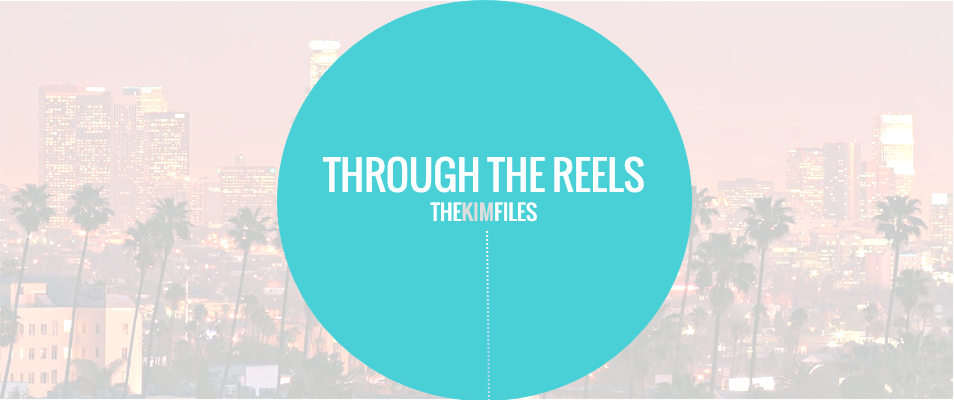 |
| Peter Fonda & Dennis Hopper in Easy Rider (1969) |
Sunday had a very trippy, 1960's hippie vibe with our screening of Easy Rider, #84 on the AFI Top 100 films list. The Dennis Hopper directed movie is a unique take on the classic "road movie" model, and it's experimental approach to film-making marked the end of the censorship era of classic Hollywood. It also explored the very topical and prevalent (at the time) counterculture community—and the range of ways that community varied.
The premise of the film is simple: a pair of hippie motorcyclists, Billy (Hopper) and Wyatt (Peter Fonda), take their bikes, their money, and their drugs on a cross-country trip from progressive Los Angeles through the conservative South to New Orleans. They are in search of one thing: freedom, and all the liberties that come with it.
On their journey, they encounter many people, some of whom are accepting of their lifestyle, but most of whom are not. Hitchhikers, backwater lawyers, townies, hippie communists... every one represents America, in one way or another.
I want to first touch on the film making style. At the time, the movie's jarring camera angles and staccato transition cuts between each scene was completely new territory. The approach was unique and strange, and has a very Italian neo-realism feel. That sort of tracks, too, when you learn that Hopper and Fonda didn't have a full script during filming, and proceeded to make up portions as they went along. There was also talk of such a parred down crew that oftentimes they had to make do with passing drifters holding a camera here or there to capture a random shot.
 This serves the film well, considering many sequences highlight recreational drug use—pot, LSD, cocaine. The choppy montages only help the audience in experiencing the drug alongside our protagonists.
This serves the film well, considering many sequences highlight recreational drug use—pot, LSD, cocaine. The choppy montages only help the audience in experiencing the drug alongside our protagonists.My favorite part of the movie, by far, is the introduction of Jack Nicholson's character, George. George is infatuated with these boys, who appear so carefree, that he decides to hop on the back of Wyatt's red, white, and blue chopper to see the world, laughing giddily the whole way. I also enjoyed the dichotomy of showing, side-by-side, the Americans trying their best to live off the land. At the start of the movie, we meet a lifelong farmer and his massive family, giving thanks for their homegrown feast, graciously making room at their table for the riders. Alternatively, we later enter a large, hippie commune, full of young city kids looking for rural freedom, trying to grow their own food but failing.
Seeing how farming life is glamorized and romanticized by the commune almost makes me laugh. Billy is subtly critical of Wyatt's interest in even staying there, but soon gets over it because hey, naked ladies! But that compulsion of those 1960's rebellious teens in search of peace, love, and a good high comes off as incredibly vapid and shallow when compared with those living off their land and just trying to make it work.

Easy Rider is an interesting movie, and it says a whole helluva lot while saying and doing very little. It's also kind of oddball, which I like sometimes, but also find sloppy. Hopper and Fonda are in this ride all by themselves. They don't care that the audience is there, and they certainly don't really make a point to include us in their stories (aside from the aforementioned drug trips, of course). This can be isolating, and for me, it caused the occasional disconnect.
For any outsider, however, this movie is a siren call. It has its fun, but never lets us forget these are not popular people. They were, in fact, a threat to the so-called 'American way of life'—and in the end, Hopper and Fonda sure had a lot to say about that.
Rating: ★★★½ / 5 stars
Check back next week for #83, Titanic — or better yet, have your own viewing party and watch along with us!

No comments:
Post a Comment